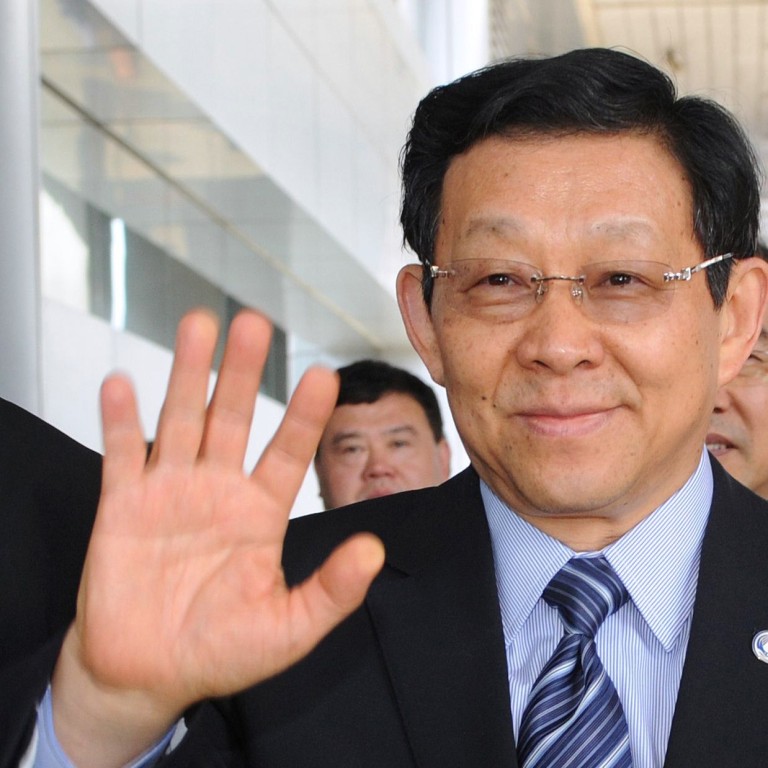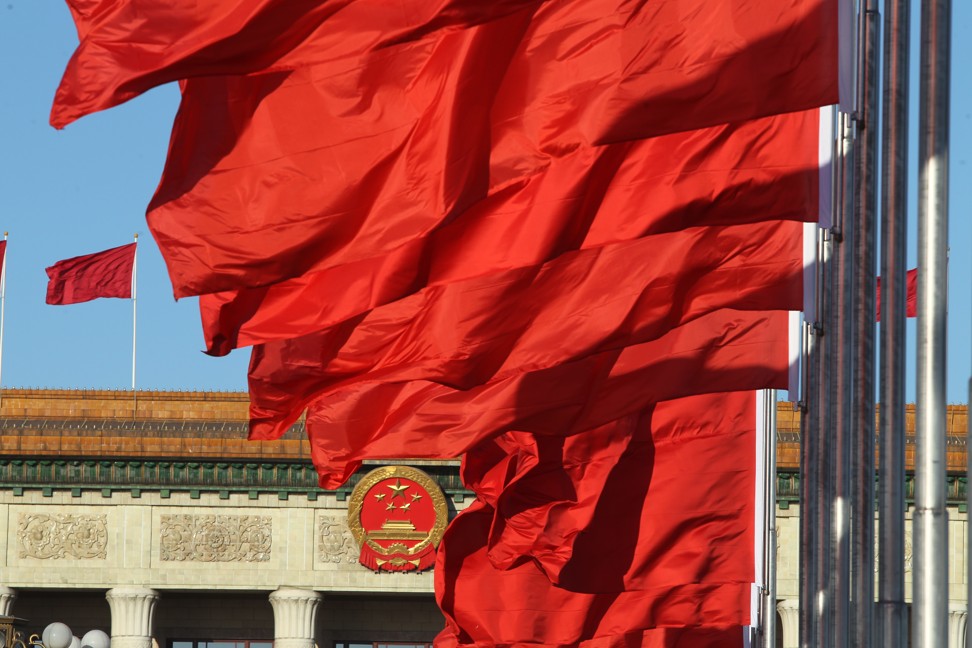
China must not assume it will overtake US as top superpower, warns former commerce minister
- China’s former commerce minister Chen Deming reminds Beijing to stay cool-headed in quest to become world’s top superpower
- China ‘must follow a strategy of seeking multilateral cooperation’ says ex-MOFCOM chief, as US-China trade war continues
China should not take it for granted that it will overtake the United States to become the world’s top superpower, former commerce minister Chen Deming warned on Sunday.
At a forum organised by the Centre for China and Globalisation, a Beijing-based think tank, Chen warned that the country will remain “in the primary stage of socialism” for a long period of time and said its economic size does not give it the leeway to dictate global rules.
“When China takes part in global governance, China must follow a strategy of seeking multilateral cooperation,” Chen said. “Do not take it for granted that China is number two, and do not make the assumption that we will be the number one sooner or later.”

They reflect growing signs that former Chinese officials and academics are questioning China’s display of power and aggressive diplomatic push.
“We should neither be overbearing or belittle ourselves,” said Deng. He urged Beijing to pursue a “cooperative and win-win international environment”.
Deng’s speech was never made public, but was perceived as a counterpoint to Beijing’s increasingly ambitious foreign policy and military assertiveness.
The transcript of Chen’s speech on Sunday was published on Chinese internet portal Sina.com and widely shared on domestic social media. Many online commentators applauded Chen’s “coolheadedness”.
“There are people with coolheadedness in Beijing,” read one reader’s comment on Sina.com.
Such voices are still relatively rare in Beijing, but slowly began to emerge last year, as China reacted to an increasingly hostile Washington since Donald Trump became US president. The US and China have clashed on areas from trade to national security.
Chen, who also served as the president of the Association for Relations Across the Taiwan Straits, an agency created by Beijing to improve ties with Taiwan, said this assumption needs to be taken with a pinch of salt.
“China is a special country with a population of 1.4 billion – its total economic size ranks it at the top or second [place] in the world, but its large economic size divided by 1.4 billion [people] puts China in a place somewhere between 70th and 100th [in terms of income per person],” Chen said.
China has to get along with the major powers to fix or improve multilateral rules, he continued. “If the major powers are always at odds, the new rules will never come into existence,” Chen said.
Chen was regarded as one of China’s most capable technocrats. He was a key figure behind the Singapore industrial estate in Suzhou, which leveraged Singaporean capital and technology to empower local development.

